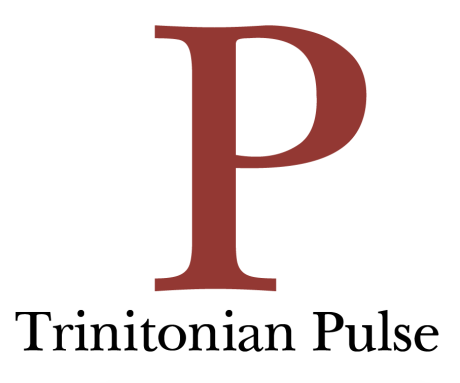As Election Day approaches, professors are taking time to reflect on who they voted for in their first presidential election.
“It was 1956, I was 21 years old and the candidates that year were Dwight D. Eisenhower and Adlai Stevenson,” said Colleen Grissom, professor of English. “I voted for Stevenson and my candidate was the loser.”
Grissom has voted in a number of presidential elections since then and has found that her political views have remained mostly unchanged.
“I thought then as I do now that Democrats have a wider concern for the various socioeconomic and ethnic divisions of the American society,” Grissom said. “I’m very concerned for young people about women’s rights and making your own decisions.”
Like other members of the Trinity community, Grissom has noted the difficulty of the current election.
“I think that the sadness of this election is that it has shown such a division in the country around the many people who have suffered from the rise of technology and closing of plants, as well as those concerned about the environment, climate change and treatment of those of differing orientations and ethnicities,” Grissom said.
Grissom is aware that many Trinity students will vote for the first time.
“I have great faith in and respect for Trinity University students,” Grissom said. “I think that if they do their homework, which most of them have and listen to the candidates, then they will make informed and intelligent choices. I hope they will realize that their votes really matter.”
At Trinity, course content may intersect with politics within classes offered by various departments, from English to political science, among others. Within all departments, professors are available to advise students about the voting process and help them make decisions about the candidates who best represents what each student believes in.
“I think that professors should help students learn to see party platforms, actions by candidates, and coverage by the press rationally and critically,” said Curtis Swope, professor of German in the modern languages and literatures department.
“Though our quickening pulses as we push the ballot buttons may indicate otherwise, our votes are not primarily a form of self-expression. Your vote is about the whole country, not just your feelings,” Swope said.
Many professors have changed their political affiliations since their first time voting.
“I first voted in the 1984 election when I was 18 years old and I voted for Walter Mondale,” said Dr. John Hermann, professor of Political Science. “I’ve kind of moved ideologically since then.”
From an early age, Dr. Hermann’s family helped to influence his political views.
“I grew up with parents who were very democratic,” Hermann said. “My grandmother, who had the greatest influence on me, was actually a huge Ronald Reagan fan.
Dr. Hermann believes that every student should exercise their political rights by going out to vote, especially with their rights as citizens of the United States. There are countries in which citizens have much less freedom to vote or, in the case of Italy, get taxed if they do not vote.
“I would argue, as a political scientist, that it is a responsibility of every citizen to do their research and to figure out which candidate would benefit their values the most and which would be best for our country,” Hermann said.
The presidential election will take place on Tuesday, November 8. Voting stations are accessible at various sites in San Antonio. Students have until the end of that day to vote and are encouraged to vote early if possible.







